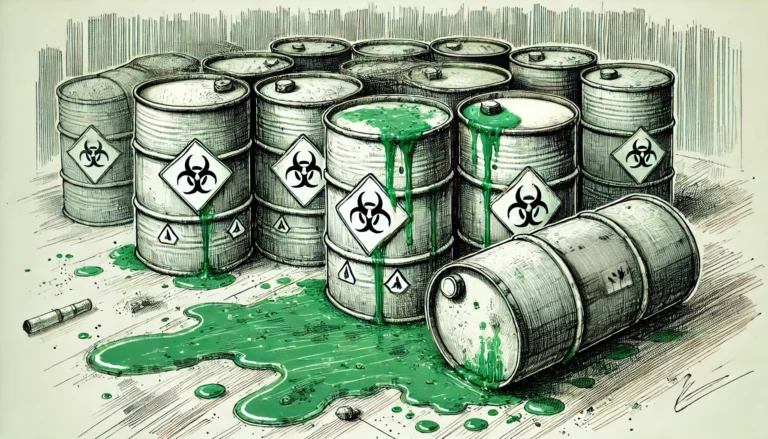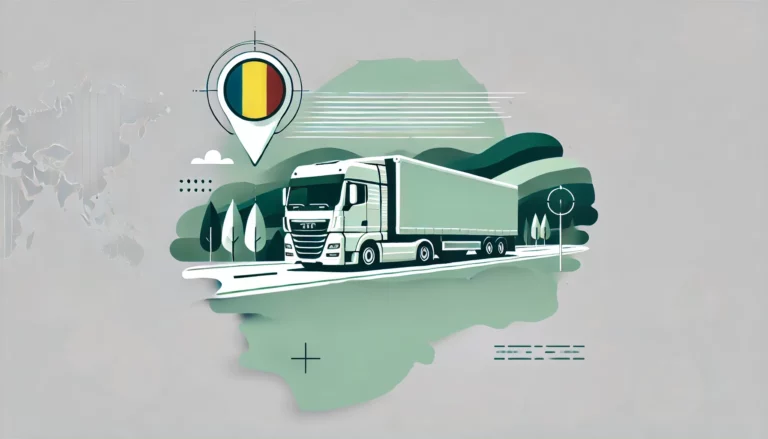Waste transport permit and regulatory changes
A provisional agreement between the EU Parliament and the Council of the European Union has been concluded. It concerns the introduction of amendments to Regulation 1013/2006 and, consequently, to the control procedure for waste shipments between EU Member States. Illegal shipments are to be severely punished, so it is important to obtain a waste shipment permit
A fortnight ago we reported on the plans of the EU Parliament and Council. On their basis is to change in the existing 2006 Regulation on transboundary waste shipments. It was shown that the control of waste flows should be increased and illegal shipments reduced as much as possible. There was also the idea of setting up a special investigation group to improve cooperation between Member States.
Changes for the better
The current legislation, on transboundary waste shipments, was established on 14 June 2006, so almost 20 years ago. However, time does not stand still. As the geopolitical situation in Europe has changed, so have its individual member states. And the need for changes in the aforementioned legislation has become increasingly apparent. All with the aim of further protecting the environment and reducing the harmful effects of waste on it.
Key changes include:
- An absolute ban on exporting waste to another EU country for disposal. Unless the country of dispatch and destination agree on the conditions for such a shipment and ensure that the waste is managed in an environmentally sound manner
- refinement of the procedure for prior written notification and consent
- tighter regulations for shipments of so-called Green List waste
- digitisation of the waste shipment procedure as a way of streamlining it
Permission to transport waste
However, it must be remembered that a shipment cannot take place without a valid waste transport permit. Depending on the country, the rules for obtaining such a document are either complicated or require a great deal of time, work and, above all, money. This makes it an option for not everyone.
This is a mistake that can cost a lot of money. Unfortunately, there are situations in which the waste transport permit is not taken seriously and the forwarding company for which the haulier provides transport services claims that everything is fine and such a document is not necessary. All this is done in order to dispose of the cargo in question and get the agreed rate for it. This is until an inspection reveals that a permit was necessary after all. Then the haulage company washes its hands of the problem and the haulier is left alone.
To avoid this, it is important to check your contractors and the records of your orders. And if you lack the knowledge and capacity to obtain a waste transport permit on your own, it is best to have it done by professionals.







